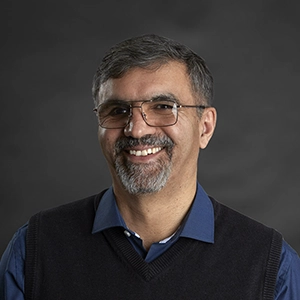Research Activities
We are currently facing significant environmental challenges. As the global population grows and welfare improves, we are depleting our resources and harming the environment. Greenhouse gas emissions are alarmingly high, waste is pervasive, and water and wastewater management are critical issues in many countries. Our resources are dwindling as we consume them and generate waste and carbon dioxide.
With a background in Chemical Engineering and Bioscience, my research focuses on developing a circular economy and biorefineries to transform waste and residuals into value-added products such as fuel, materials, food, or feed. My vision is that "waste" is “resource”, but our knowledge is not enough to fully utilize it. By examining the molecules and atoms in waste, we can discover numerous methods and valuable products. This is the core concept of the Swedish Centre for Resource Recovery. Utilizing microorganisms for this purpose can lead to a world with less waste and residuals, reduced fossil fuel consumption, and lower greenhouse gas emissions. Economic considerations are also crucial in this development to facilitate large-scale implementation by companies.
Since the 2010s, my focus has been on developing two types of biorefineries:
- Anaerobic Digestion Biorefinery: This process digests various wastes and residuals to produce volatile fatty acids, which can be further converted into various materials and animal feed.
- Filamentous Fungi Biorefinery: This method converts various residuals and feedstocks into ethanol, pigments, biopolymers, feed, and food using edible fungi. We are currently commercializing this method through Millow.
By advancing these biorefineries, we aim to create sustainable solutions that reduce waste, lower greenhouse gas emissions, and conserve resources.


